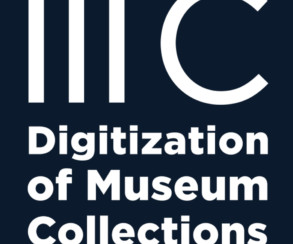Digital collections from GLAM institutions: Policy Paper
Kluwer Copyright Blog
JULY 14, 2023
In a policy paper , copyright and art-law experts led by the author clarified the general copyright law principles applicable to stakeholders dealing with digital cultural heritage worldwide and formulated recommendations, addressed to policy-makers, to facilitate their digital activities. Proposal 3. Proposal 4.












Let's personalize your content